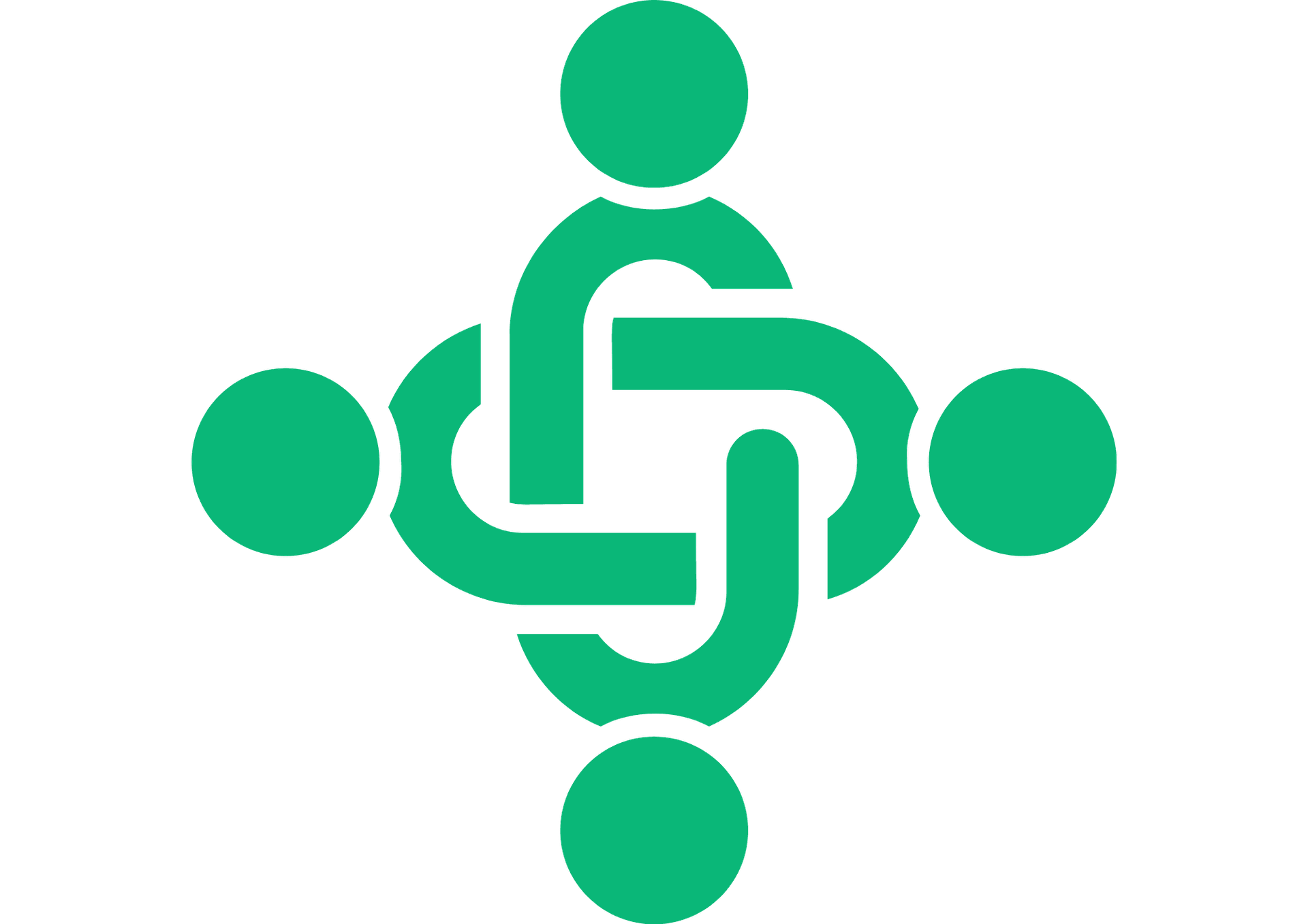By implementing smart systems for document and data management, companies can improve workflows, increase productivity, and ensure that important information is always easily accessible. Smart solutions also help reduce manual errors, enhance security around sensitive information, and enable faster decision-making through better organization and data analysis. In the long run, this leads to greater efficiency and stronger competitiveness.
Learn what Unified Portal
can do for your business
How Can Smart
Data Management Transforms Your Business?
Centralization for Efficiency

Unified Document Management
It can be challenging to organize all the information, ensure it is easily accessible to the right people, and maintain security and regulatory compliance. By using a centralized document storage system, all documents are securely stored in a unified repository. Organizations can streamline their operations and ensure compliance.
Real-Time Alerts and Automation
Implementing real-time alerts and automation ensures that companies can respond immediately to critical events while maintaining workflow efficiency. Automated alert systems enable swift decision-making and proactive resource management, allowing companies to operate with precision and ensure continuous operation.
Data Management & Consolidation
Aggregating data onto a central platform makes it easier to analyze and leverage information. Centralizing data management not only simplifies decision-making but also enhances a company’s ability to act swiftly and effectively.
Enhanced Collaboration
Real-Time Collaborative Editing
Real-time collaborative editing allows multiple users to work on the same document simultaneously. This enables team members to make and see changes in real-time, reducing the need for back-and-forth revisions and improving efficiency. Ensuring that all inputs are integrated seamlessly and decisions are made faster.
Integrated Communication Tools
Integrated communication tools, such as in-document chat and video conferencing, facilitate direct discussions without leaving the platform. This reduces the need to switch between different applications and helps maintain a clear record of conversations related to specific documents or projects.
Access Controls and Permissions
Advanced access controls and permissions ensure that only authorized users can view or edit sensitive documents. This allows organizations to manage who has access to specific information, supporting secure and efficient collaboration without compromising data security.
Version History and Tracking
Version history and tracking keep detailed records of changes made to documents over time. This allows for reviewing previous versions, comparing changes, and restoring earlier iterations if needed. Keeping track of document revisions helps teams understand the evolution of their work and ensures that important changes are documented and reversible.

Ready to build your
Unified Portal?
Data Security
Robust Encryption Protocols
Implementing advanced encryption standards ensures that sensitive data is protected both in transit and at rest. This means that even if data is intercepted or accessed without authorization, it remains unreadable and secure.
Access Controls and Permissions
Strong access controls allow organizations to define and manage who can view or edit specific data. Role-based access ensures that only authorized personnel can access sensitive information, reducing the risk of internal breaches.
Audit Trails and Activity Monitoring
Detailed audit trails and real-time activity monitoring provide visibility into data access and modifications. This feature helps organizations track who accessed or changed information, which is crucial for compliance and investigating any security incidents.
Automated Backup and Recovery
Regular automated backups and disaster recovery solutions ensure that data is not only secure but also recoverable in case of a system failure or data loss incident. Even in the event of a cyberattack, critical data can be restored quickly, minimizing downtime and operational impact.

Compliance and Governance

Automated Compliance Checks
Automated systems can flag potential compliance issues in real-time, reducing the risk of regulatory breaches. It includes continuous monitoring to ensure that data handling and storage practices comply with regulations such as the General Data Protection Regulation (GDPR) and the Digital Operational Resilience Act (DORA). Regulatory Reporting and Documentation
Regulatory Reporting and Documentation
Efficient systems for regulatory reporting and documentation streamline the process of generating and submitting necessary reports to regulatory bodies. Organizations can maintain transparency and meet compliance deadlines by automatically preparing documentation required for audits and regulatory reviews. Regulations like GDPR and ISO 15489 requires detailed records of processing activities and data protection impact assessments, which can be efficiently managed through automated reporting tools.
Access Control and Data Governance
Implementing robust access controls and data governance policies ensures that sensitive information is only accessible to authorized personnel and that data is managed in line with legal requirements. Role-based access controls and detailed permission settings help enforce governance policies, supporting adherence to laws such as GDPR, which mandates data protection and privacy measures. This functionality helps organizations maintain control over data access and management, ensuring compliance with established data governance frameworks.